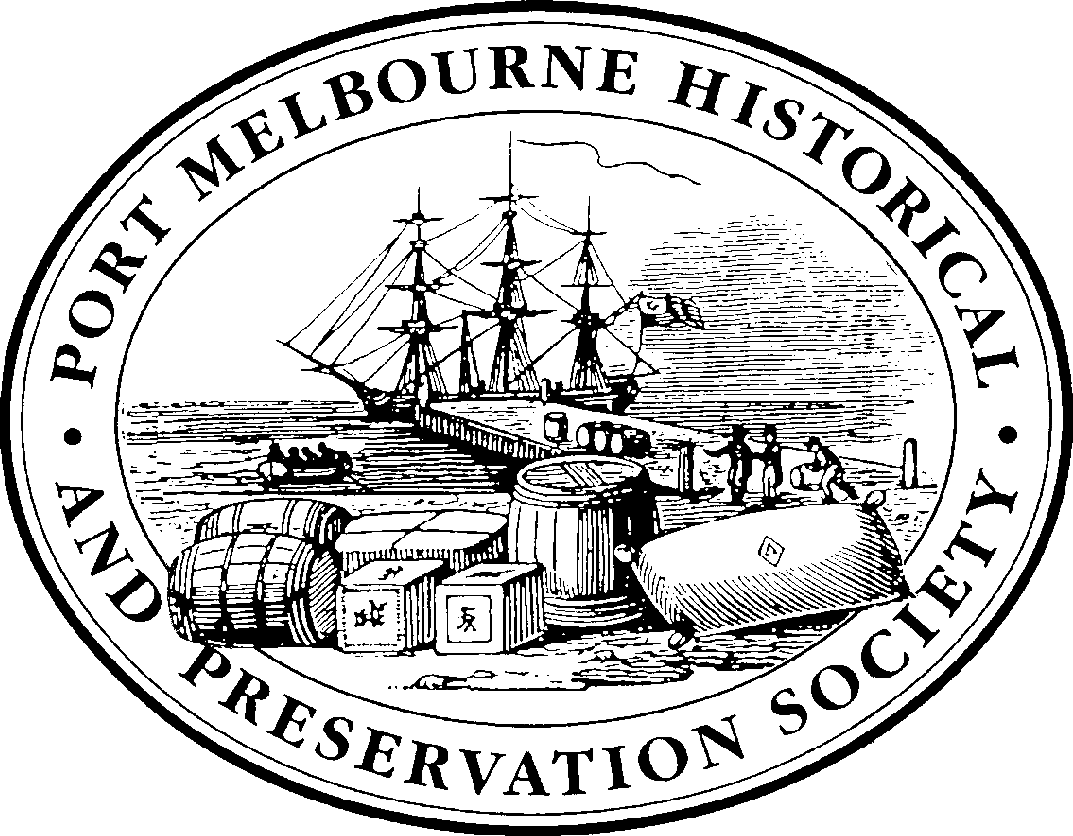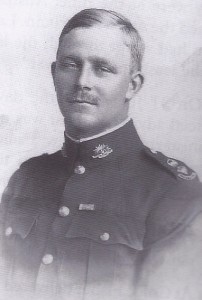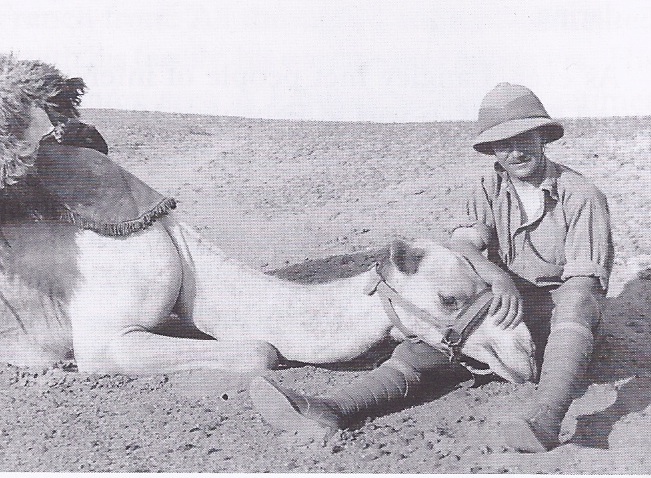Langley, George Furner (Lieutenant Colonel)
Place of Birth: Port Melbourne
Age: 24 years
Enlistment Details: Thursday, 4 March 1915
Service Number: Lieutenant Colonel view online service record
Address:
87 Bay Street
Port Melbourne, VIC
Next of Kin:
Jabez Langley (father)
Mansfield, VIC
Embarkation Details:
Date: Monday, 10 May 1915
Ship: HMAT Ulysses A38
Port: Melbourne, VIC
Unit: 21st Infantry Battalion – Headquarters
Fate:
RTA: Thursday, 24 July 1919
Discharged: Sunday, 2 November 1919
Awards: DSO & Order of White Eagle (by King of Serbia)
George Furner Langley was born in Port Melbourne on 1st May 1891 son of Jabez and Fanny Langley who lived above their grocery store at 87 Bay Street. The Langley family were strong Methodists so George was brought up in the Methodist tradition from which he learned his life long interest in singing. A skill he used to good effect in army camps in Egypt. George attended Nott Street Primary School then was one of the first students at the Melbourne Continuation School later renamed Melbourne High School. For a short time he was a pupil teacher at Graham Street School then trained at the Melbourne Teacher’s College. After graduation he was appointed to Essendon Higher Elementary School but after less than a year he was transferred to Mansfield Agricultural High School from where he enlisted in the AIF as a private in 1914. However because he had been in the cadets for five years he was selected for officer training at Broadmeadows.
After the course he embarked at Port Melbourne aboard the HMAS Ulysses in May 1915. The expectation was that they would go to France but when the ships were in the Red Sea Turkey entered the war on the German side and these Australians were ordered to Egypt and on to the landing at Gallipoli. Just before landing he was promoted to Captain, an exciting event but rather overshadowed by the ship being hit by a torpedo. The force of the explosion blew him into the air and he fell into the hold, sustaining an injury in the fall, others were killed. After a short spell in hospital on Lemnos he went on to Gallilpoli where he recuperated in the dug-outs. When he left in December 1916 he recalled that he was in better nick than when he arrived.
In the camp at Tel-el-Kabir south of Ismailia Captain Langley heard that he was to be part of the Imperial Camel Corps, a new venture that was being set up to support the fighting in the Sinai Peninsular made up of New Zealanders, British, Indians and Australians. Only a few of the Australians from Western Australia had ever had anything to do with camels, certainly George Langley had none at all. They had to quickly learn to ride the camels and care for them in camp as well as on treks. Even learning to mount a camel was not easy. Camel bites were a real hazard as Langley wrote on one occasion: once they get a grip they hold on like a bull dog and their teeth are very nasty. There is a real danger of poisoning setting in.
George and Edmée Plunkett met in 1918 and were married in Cairo in December that year. Edmée’s father was in the British army in Cairo before the war. As a young woman she lived mainly in Cairo but made long visits to England for school and university. When her father died in Cairo in 1916, she was unable to return to England and worked as the secretary to Lord Cecil. She was the first woman to hold such a post in Egypt. Edmée was a gifted linguist, fluent in Arabic and French.
In civilian life back in Victoria, George Langley became a very important leader in the community as a teacher and school principal. The crowning achievement of his civilian career was to be Principal of Melbourne High School, from where he retired in 1956. He is fondly remembered by many of his ex-pupils as The Brig.
Margaret Bride
You can read more about George Langley from Margaret Bride in George Furner Langley: A Port Melbourne man’s role in the North Africa Campaign of World War I.
References:
The sentimental soldier: a life of George Furner Langley; Alan Gregory; Langley, Courtis, Thompson Library Trust, Melbourne 2008
Sand, Sweat and Camels, George and Edmée Langley, Lowdon Publishing, Kilmore, 1976
George’s brother David Furner Langley also served during WWI.
1915 ‘INTERCESSORY SERVICES.’, Port Melbourne Standard (Vic. : 1914 – 1920), 6 November, p. 3, viewed 12 October, 2015, http://nla.gov.au/nla.news-article91168162
1916 ‘Major Langley.’, Port Melbourne Standard (Vic. : 1914 – 1920), 21 October, p. 2. , viewed 25 Oct 2016, http://nla.gov.au/nla.news-article91165180



1 Comments
Brian Membrey
The Education Department’s Record of War Service places him at Williamstown High School prior to enlisting